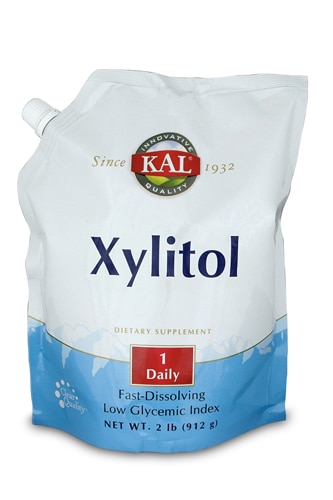A titch of sugar, here and there, seems innocent enough. Sugar gives us, if not joy, a taste of sweetness that our lives can lack. But all that white stuff has its dark side. While “food addiction” may sound like an extreme label, recent research estimates that more than 8 percent of women ages 45 to 64 could be considered food addicts, as established by the Yale Food Addiction Scale, which was developed in 2009.
Sugar activates the reward centers of the brain, instigating highs and withdrawal similar to illegal drugs. Plus, many experts attribute sugar, not fat, to be at the root cause of our current obesity epidemic along with a host of other diseases. Heart disease, cancer, dementia, type 2 diabetes, depression, acne and even infertility and impotence can all be linked to a surplus of dietary sugar.
1. Sugar addiction is real
It’s no joke, says Mark Hyman, MD, best-selling author and Director the Cleveland Clinic Center for Functional Medicine. He says sugar is eight times more addictive than cocaine. According to The United States Department of Agriculture (USDA), the average American consumes between 150 to 170 pounds of refined sugars in one year. That’s roughly 22 teaspoons every day for every person in America. And for our kids its even higher: They consume about 34 teaspoons every day making nearly one in four teenagers pre-diabetic or diabetic.
Vital sign: How do you tell if you are addicted to sugar? One common feature of sugar addiction is not being satisfied with a modest amount. You intend to eat only one piece of something, but once you finish the first piece you want more and are unable to control the impulse. For addicts, too much sugar triggers a series of "unfortunate events"—a cycle of loss of control, cravings and increased tolerance to sugar. Over time, this can have a huge impact on your weight as well as your health.
2. Your brain on sugar
Glucose, a form of sugar, fuels every cell in the body, including the brain. Because the brain is so rich in nerve cells, or neurons, it is the most energy-demanding organ, using one-half of all the sugar energy in the body. The brain depends on sugar as its main fuel. The easier the sugar is to absorb, the faster it gets to your brain. This quick hit of sugar the lights up the brain’s reward system—the dopamine centers—which makes sugar so addictive.
High-sugar foods give us a rush as the simple carbohydrates quickly turn into glucose in your bloodstream, spiking blood sugar levels. Of course, for every spike there is an equal and opposite crash. The body needs to move glucose out of the bloodstream and into your cells for energy. To do this, your pancreas makes insulin, a hormone, that can cause blood sugar levels to drop. Rapid changes in blood sugar can create a shaky feeling, followed by an intense craving for more sweets to reinstate that sugar "high."
Vital sign: The worst culprits for instigating major sugar addiction are sugary beverages, which include sodas, fruit juice, over-sweetened teas and coffees, and sports drinks such as Gatorade. If you want kick sugar, the first important step is to ban any sugary beverage from your diet.
3. Cultivate your sugar radar
Are you under the impression you don’t have much of a sweet tooth? If you crave bread or starchy foods like French fries, your penchant for sweets may be disguised. “Flour is even worse than sugar,” says Hyman. “And flour raises blood sugar even more than table sugar. Even whole-wheat flour.” Similar to sugar, refined, starchy foods are fast-acting carbs that the body breaks down into simple sugars. If eaten without protein’s stabilizing effect, starches can make blood sugar surge and crash like sugar. Highly refined starches such as white bread, white rice, pretzels, crackers and pasta are worst.
Vital sign: According to the journal Diabetes Spectrum, “Between 50–60 percent of protein becomes glucose and enters the bloodstream about 3–4 hours after it's eaten.” If you want to minimize the sugar rollercoaster, don’t eat sugar (this includes fruit or fruit juice) or refined carbs without also eating protein. The protein will slow the absorption of carbohydrates.




